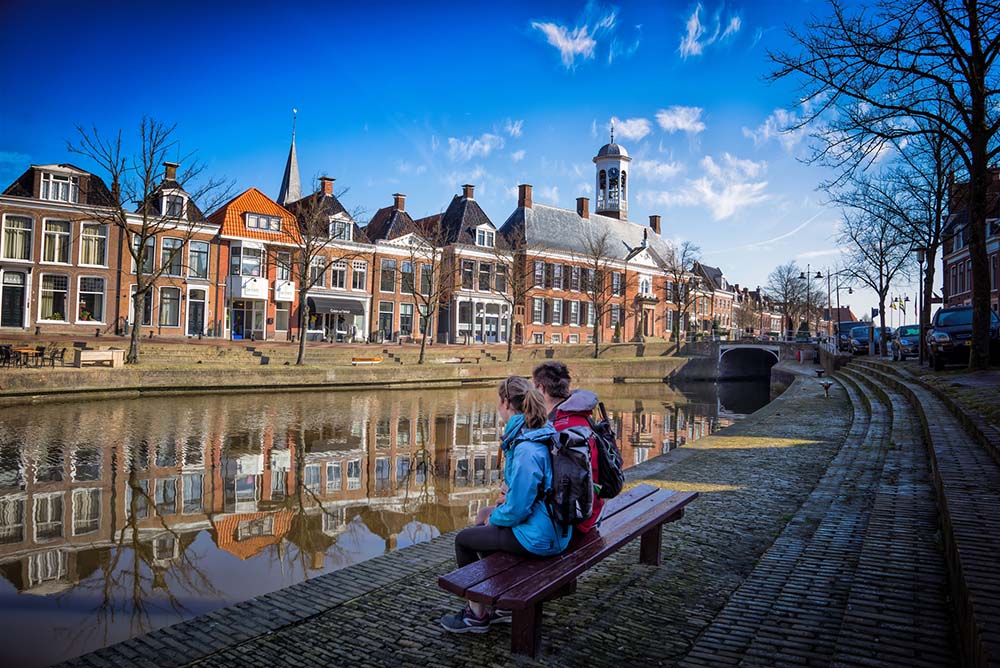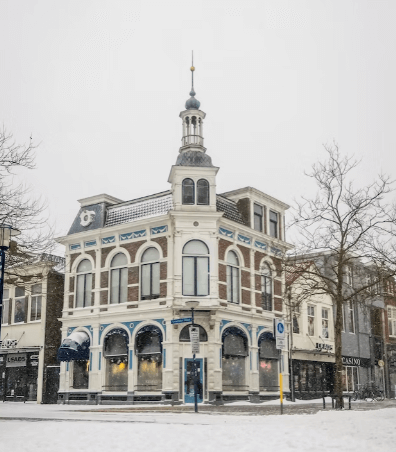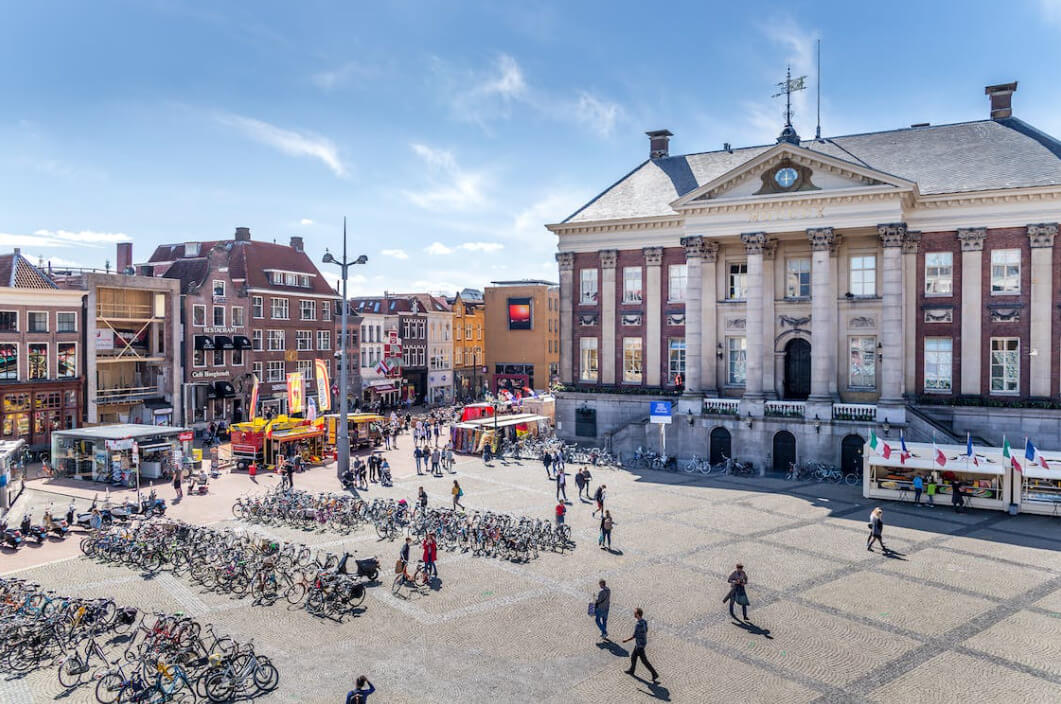PhD in Measuring Critical Language and Multimodal Awareness Proficiency

This fully funded PhD at the University of Groningen (NL) is part of the research project Critical language and multimodal awareness (CLMA): a key competency for future-oriented graduates. The candidate will develop tools to measure the impact of CLMA interventions on both educators’ and students’ proficiency in this crucial, future-oriented competency.
CLMA is a competency that enables individuals to recognize and critically reflect on the influence of both linguistic and multimodal forms of communication. For example, how words like “riot” versus “demonstration” frame the same event very differently. Advertising images can also link products to ideas of success. Thus, these forms of communication are not merely tools for conveying messages, but powerful agents that sculpt our society, influence our relationships, shape our thought processes, and, importantly, guide our behaviors.
This PhD project focuses on evidence-informed educational innovation. Using a solid theoretical foundation for CLMA, it will test how CLMA can be integrated into Dutch higher education through targeted interventions and resources, and generate empirical evidence of its effectiveness.
We are looking for a motivated and thoughtful researcher who is excited to explore measurement options to capture changes in awareness, competencies, and practices, and to assess the broader educational impact of CLMA interventions within higher education.
As part of this PhD, the candidate will:
- Conduct an integrative review of established competency models
- Create assessment tools (which may include use of AI tools) to measure CLMA proficiency at various levels
- Develop, test and triangulate these qualitative and quantitative assessment tools
- Develop academic publications and complete a cumulative doctoral dissertation within four years, supported by a supervisory team
- Contribute to teaching activities
- Actively engage with the research environment at the CLCG including research meetings, reading groups, workshops, and international conferences
- Participate in academic training, including methods courses, seminars, and skills-development workshops offered by the Graduate School of the Humanities and other university bodies
- Complete the PhD project in the specified timeframe (4,5 years).
Organization
The University of Groningen
Since its foundation in 1614, the University of Groningen has established an international reputation as a dynamic and innovative university offering high-quality teaching and research. Its 34,000 students are encouraged to develop their own individual talents through challenging study- and career paths. The University of Groningen is an international centre of knowledge: It belongs to the best research universities in Europe and is allied with prestigious partner universities and networks worldwide.
The Faculty of Arts
The Faculty of Arts is a large, dynamic faculty in the heart of the city of Groningen. It has more than 5000 students and 700 staff members, who are working at the frontiers of knowledge every day. The Faculty offers a wide range of degree programmes: 15 Bachelor's programmes and over 35 Master's specialisations. Our research, which is internationally widely acclaimed, covers Archaeology, Cultural Studies, History, International Relations, Language and Literary Studies, Linguistics and Media and Journalism Studies.






